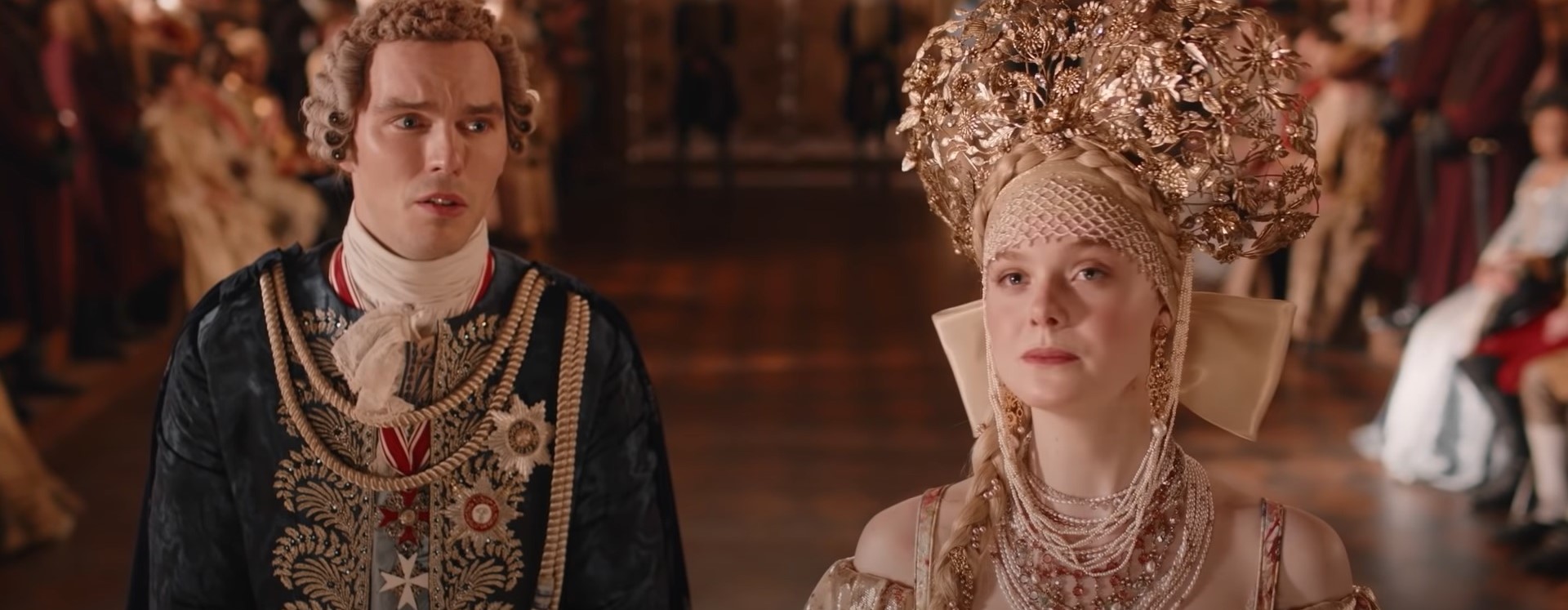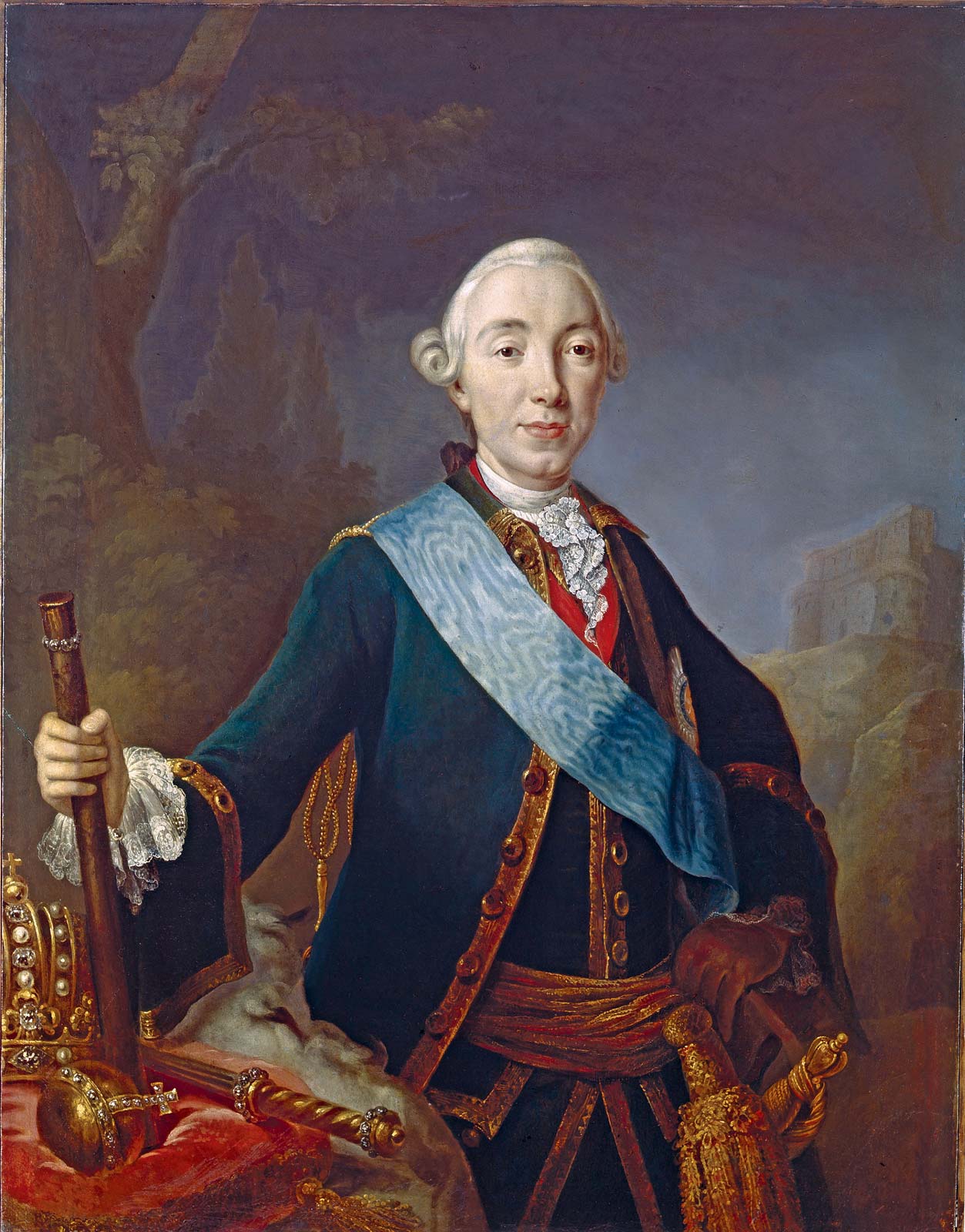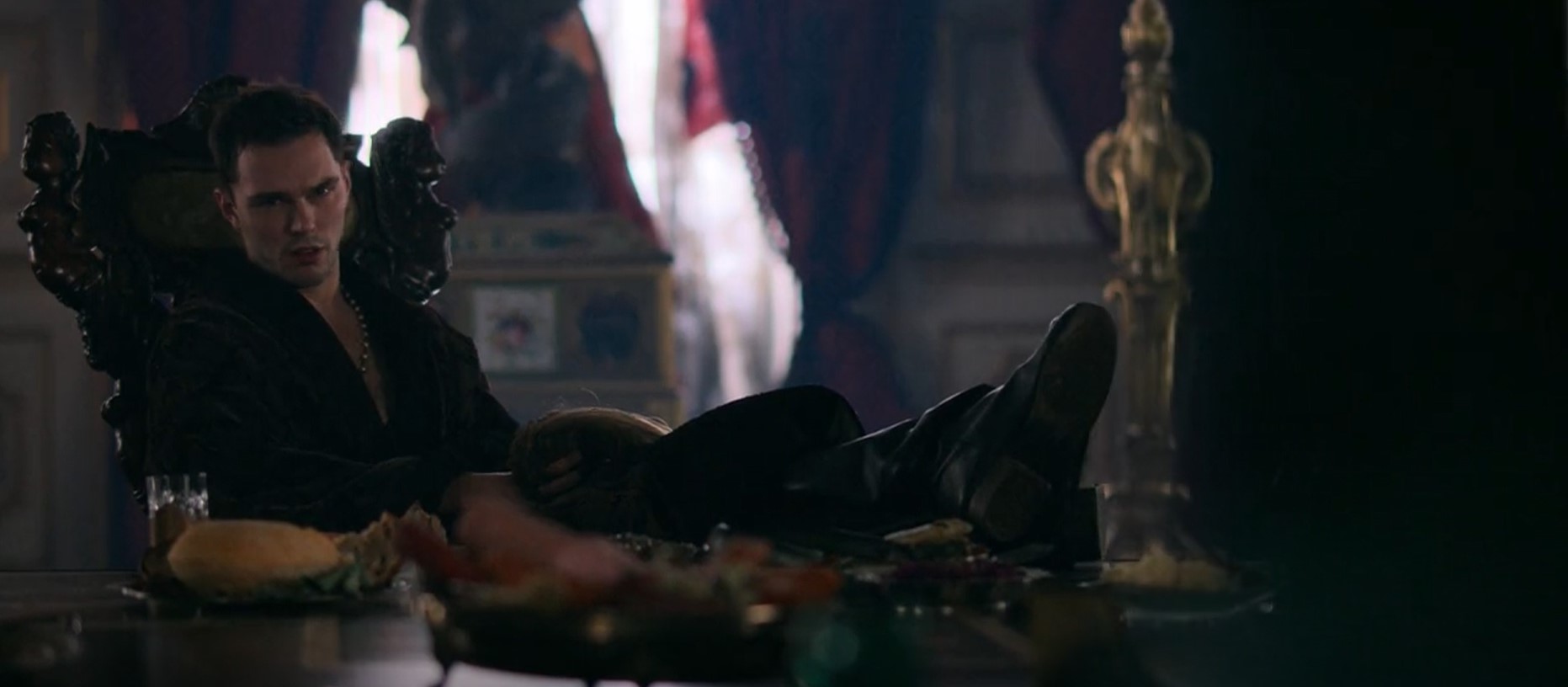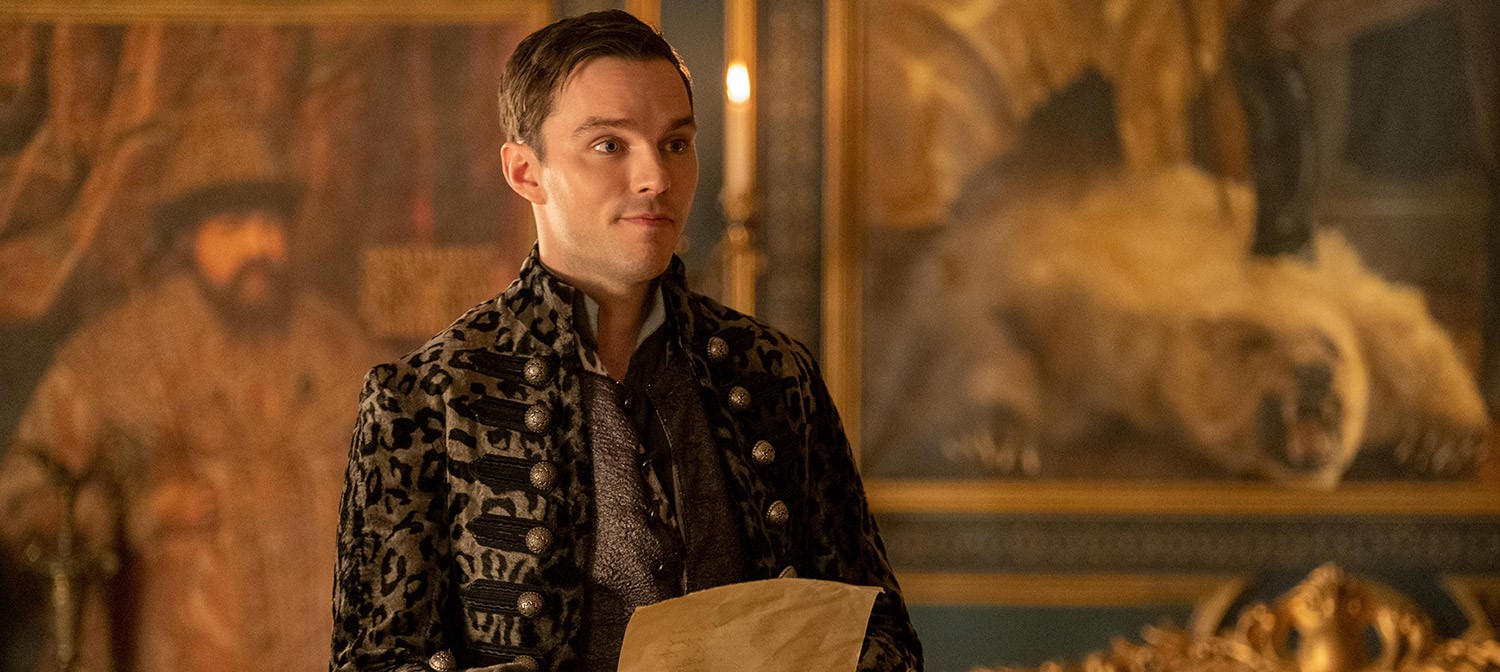Hedonism, alcoholism, feminism, and political radicalism — a combination of these enables ‘The Great’ to humorously explore the life of Catherine the Great. Created by Tony McNamara, the show is a colorful examination of how Catherine takes the throne from her vain, violent, and villainous husband, Peter III. The series stars Elle Fanning, Nicholas Hoult, Phoebe Fox, Sacha Dhawan, and Douglas Hodge in central roles.
Featuring fabulous costumes, lavish sets, and a fantastic cast, the historical drama is lauded for its boldly absurdist take on the royals and common folk of 18th Century Russia. Catherine’s burning desire to bring the Enlightenment to Russia is inspirational and emerges as the focal point in part due to her husband’s horrifyingly idiotic behavior. Peter, with his immense ego, constant debauchery, and all-consuming indifference, is the exact opposite of Catherine. However, despite it all, he manages to be endearing as well. Understandably, fans are curious about whether Peter is based on a real person. Let’s find out!
Is Peter a Real Person?
Yes, Peter is based on a real person. However, the show, which calls itself “an occasionally true story,” generously mixes fact and fiction in order to exaggerate Peter’s initially repulsive and ultimately complex nature. In the series, Peter is shown as the son of Peter the Great. However, the real-life Peter III was the son of Charles Frederick, Duke of Holstein-Gottorp, and Anna Petrovna — making him the grandson of Peter the Great.

Despite its heavy use of imagination, the show does base Peter’s ludicrous behavior on some historical truths. The real Catherine’s memoirs tell us that Peter was an idiot and a drunkard. Hers was a loveless marriage; Catherine even hinted that Peter was impotent. Thus, the pair may not have consummated their marriage after all. This contrasts with the plotlines in the show, wherein Peter has an enormous sexual appetite and is obviously the father of Paul.

Additionally, the real Peter was not the ruler when Catherine first landed in Russia; it was his aunt Elizabeth who sat on the throne. According to the annals of history, Peter ascended the throne after his aunt’s death, ruling for six months. When he threatened to divorce Catherine and lock her away in a convent, she, with the help of her supporters, organized a military coup to seize control. On July 10 (June 29 in the Julian calendar), 1762, Peter formally abdicated the throne. He was imprisoned and died a few days later. Some reports claim that he killed himself, whilst others suggest that Catherine’s supporters did away with him.

Unlike the show’s Peter, whose essence is aggressively Russian, the real Peter was pro-Prussian and quite scornful of Russian institutions and traditions. The country didn’t like him either and, thus, he was massively unpopular. His inability to govern was noticed by Catherine, who quickly realized that she should be the ruler instead. On that note, however, the show does accurately capture Peter’s infamy and bad leadership, creatively blowing up his flaws. Thus, we see Hoult’s Peter focusing solely on sex, food, mindless violence, and narcissistic tendencies whilst those around him suffer at hands of his impulsive nature. However, the real Peter did not keep his mother’s mummified corpse in the palace.
In the true spirit of absurdist satire, the show conjures up fascinating little quirks to make Peter repulsive and strangely pitiable. He is violent but madly in love with Catherine. He kills men for fun but also forgives them in an instant when his mood is cheerful. “He [Peter] is horrible on so many levels but I think he still has to be fun to be around. You start off thinking, what a tyrant, what a monster – and then you see all the clues of what it’s like trying to rule a country in your father’s shadow,” stated Hoult. “Having all these people around you who you don’t trust, and who never say no to you, and the effect of being able to do whatever you want. It has created this monster.”

Peter’s character is deliberately larger-than-life, as it is a satirical exploration of powerful men seen in both historical and contemporary times. “I created Peter to be a good antagonist to Catherine and to let me talk about men who inherit power and don’t know quite what to do with it,” revealed McNamara. “I was interested in how she responded to the fact that she had married the wrong man. Now she has to decide whether to kill him.” Additionally, his character attains depth when he tries (weakly, but it counts!) to become a better man for his wife and confronts his traumatic childhood.
Peter III is based on a real person, but the historical dramedy amps up his flaws and tones down the duller facts in order to consciously bring forth an anti-historical caricature of Catherine’s husband. Through his character, we see the perils of unchecked power and the damaging effects of cruel parenting.


You must be logged in to post a comment.